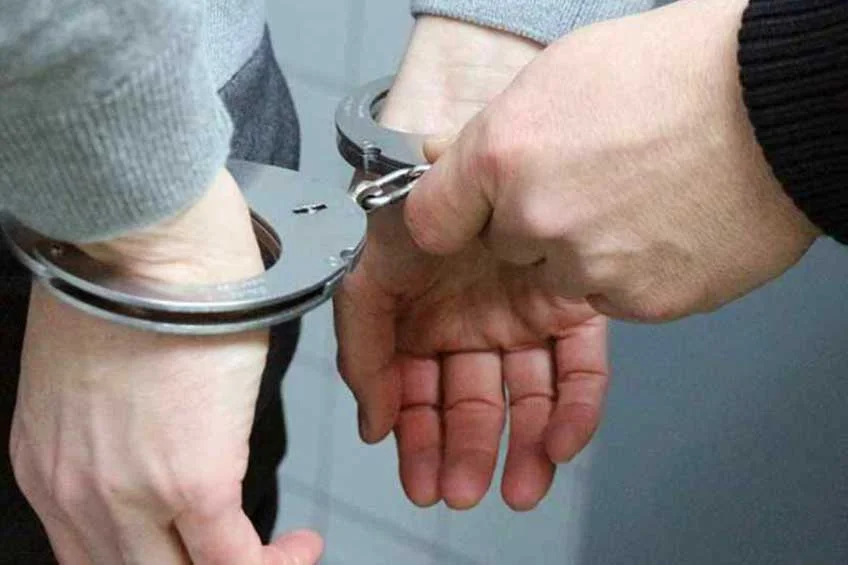How Can Domestic Violence Be Proven?

Proving The Charges
Domestic violence charges can be life-altering and leave you with a permanent criminal record for the rest of your life. If you’ve been arrested, prosecutors will do their best to prove that you committed the act and penalize you to the fullest extent of the law. Here’s what they may use against you and how you can defend yourself.
Witness Testimony, If Any Witnesses Were Present
It’s not often that witnesses are involved in domestic violence cases, because they typically occur in private and only between two people. In cases where witnesses do bring forward a testimony, the defendant’s case can become weakened. A Criminal Defense Attorney can help question the motives of a witness who may be falsely accusing the defendant or prove that the witness was never present at the time of the alleged incident.
Photographic Evidence Taken After the Incident
If photographs of injuries exist and are provided to authorities, this can be very strong evidence against you. However, it’s important to ask a few questions about the photos:
- Can it be proven that they were taken on the date of the alleged incident?
- Can the photographs prove that the defendant is indeed the perpetrator, or do they simply show that an incident of violence occurred?
Often, photographs prove that violence occurred but not who caused the injuries, and they may not even be able to show that they were taken at the time in question.
Any Past Criminal History
Past criminal history is something that prosecutors often use in domestic violence cases to paint a very unpleasant picture of the defendant’s character. This can cloud the facts, so it’s critical to bring important details to light when possible. For example, if it was proven that the allegations against you were untrue or the charges against you were dropped, the judge and jury should be made aware of these particulars.
How a Criminal Defense Attorney Can Help
If you were charged with domestic violence, it’s important that you work with an experienced criminal defense attorney to protect your rights under the law. Your future is at stake, including your career, your relationships, and your reputation.
Britt Criminal Defense is an experienced criminal defense law firm that has helped hundreds of Maryland residents overcome criminal charges and the harsh consequences that come with them. Call today for a consultation to go over the details of your case and potential defenses at 443-614-6881.

